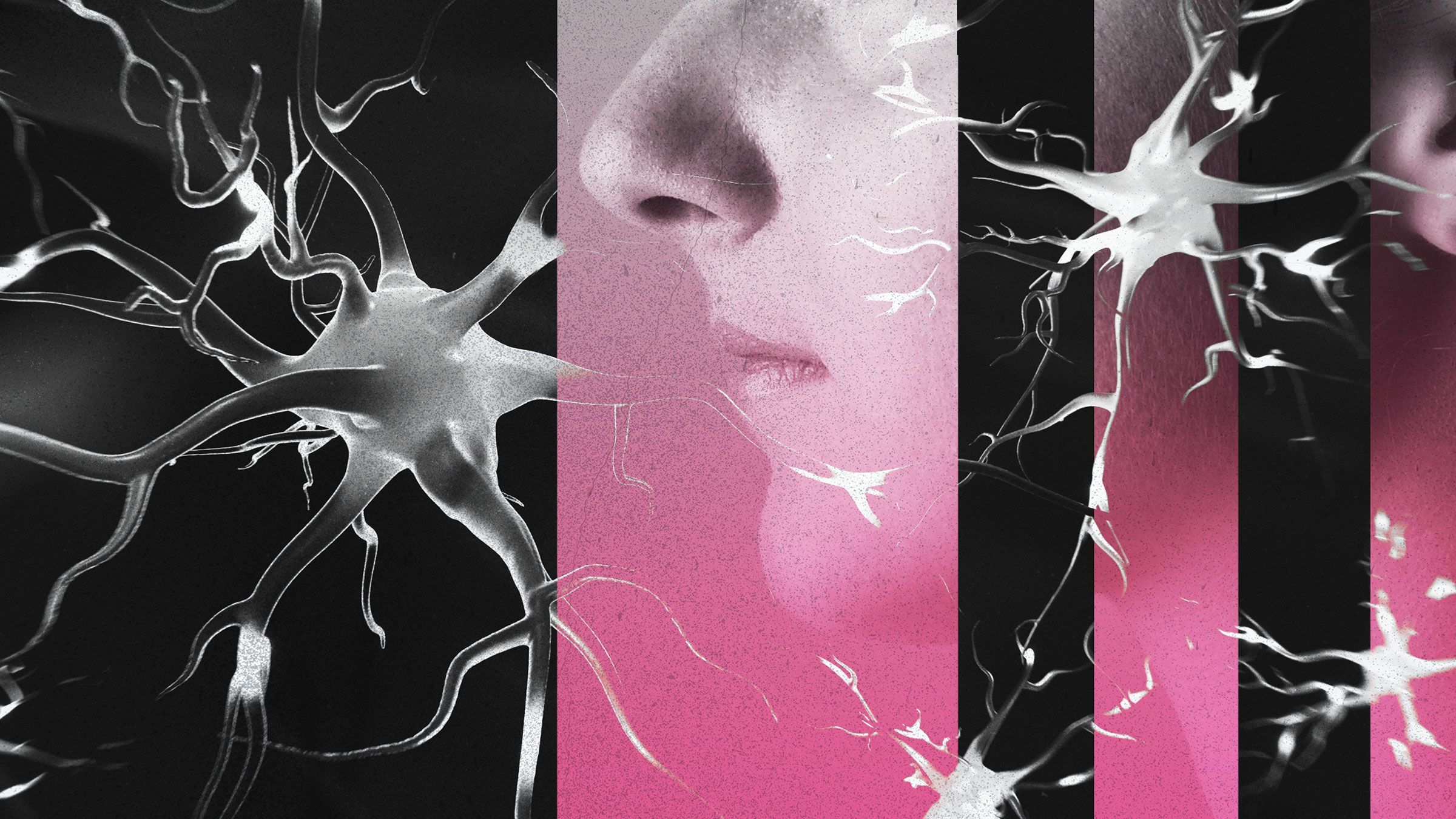A Key to Detecting Brain Disease Earlier Than Ever
A Key to Detecting Brain Disease Earlier Than Ever
Advancements in medical technology have provided doctors with new tools to detect brain diseases at an earlier stage than ever...

A Key to Detecting Brain Disease Earlier Than Ever
Advancements in medical technology have provided doctors with new tools to detect brain diseases at an earlier stage than ever before.
One key tool that has emerged is the use of advanced imaging techniques such as MRI and PET scans which can identify abnormalities in the brain that may be indicative of diseases like Alzheimer’s or Parkinson’s.
Early detection of brain diseases is crucial as it allows for earlier intervention and treatment, potentially slowing down the progression of the disease and improving the quality of life for patients.
Researchers are also exploring the use of biomarkers in blood and cerebrospinal fluid that can indicate the presence of brain diseases before symptoms even appear.
By detecting these diseases earlier, doctors can work with patients to develop personalized treatment plans and provide resources for managing symptoms.
Education and awareness about the importance of early detection of brain diseases are also key in encouraging individuals to seek medical help if they experience any concerning symptoms.
With continued research and advancements in technology, the future holds promise for even earlier detection of brain diseases, ultimately leading to better outcomes for patients.
It is essential for healthcare providers and researchers to continue collaborating and investing in innovative solutions for early detection and treatment of brain diseases.
By staying informed and proactive about brain health, individuals can take control of their own well-being and potentially detect and address any issues early on.
Overall, early detection is a key component in the fight against brain diseases, and the advancements in this area are providing hope for a brighter future for patients and their families.





